The greater the share the people have in government, the less liberty, civil or religious, does a nation enjoy
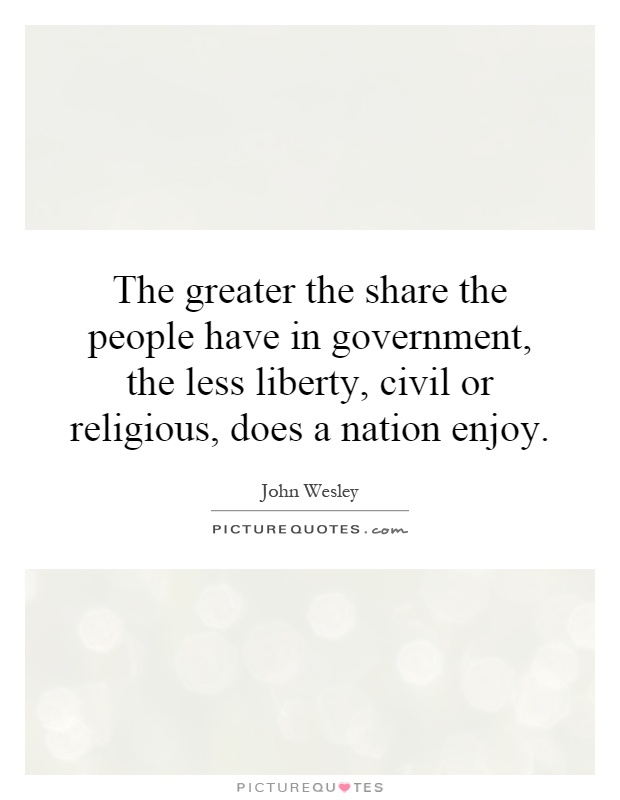
The greater the share the people have in government, the less liberty, civil or religious, does a nation enjoy
John Wesley, the founder of the Methodist movement, was a prominent figure in 18th century England who had strong opinions on the relationship between government, liberty, and the people. In his time, the idea of democracy and popular participation in government was still relatively new, and Wesley was wary of the potential consequences of giving too much power to the people.Wesley believed that the greater the share the people have in government, the less liberty, civil or religious, a nation enjoys. He argued that when power is distributed among the masses, it can lead to chaos, instability, and the erosion of individual freedoms. Wesley was a firm believer in the importance of order and authority in society, and he saw a strong central government as essential for maintaining peace and security.
Wesley's views on government and liberty were shaped by his Christian faith, which emphasized the need for obedience to authority and respect for established institutions. He believed that God had ordained rulers to govern society and that rebellion against legitimate authority was a sin. Wesley saw democracy as a threat to the divine order of society, as it allowed the people to challenge and undermine the authority of their rulers.
Despite his reservations about democracy, Wesley was not a supporter of absolute monarchy or tyranny. He believed in a balanced form of government that combined elements of democracy, monarchy, and aristocracy. Wesley saw the ideal government as one that respected the rights and freedoms of its citizens while also maintaining order and stability.
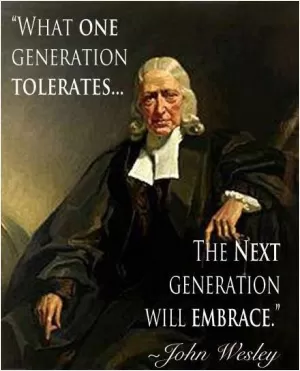


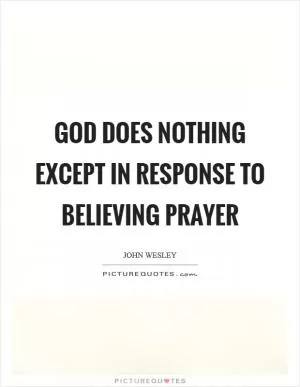
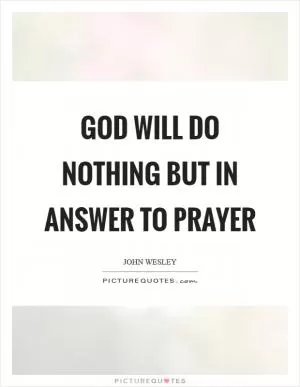
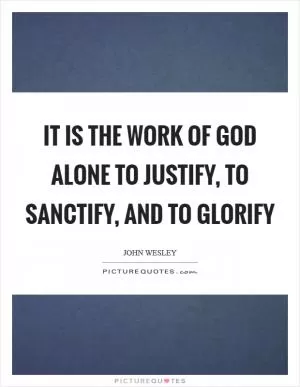

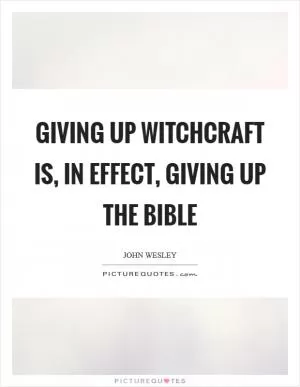




 Friendship Quotes
Friendship Quotes Love Quotes
Love Quotes Life Quotes
Life Quotes Funny Quotes
Funny Quotes Motivational Quotes
Motivational Quotes Inspirational Quotes
Inspirational Quotes